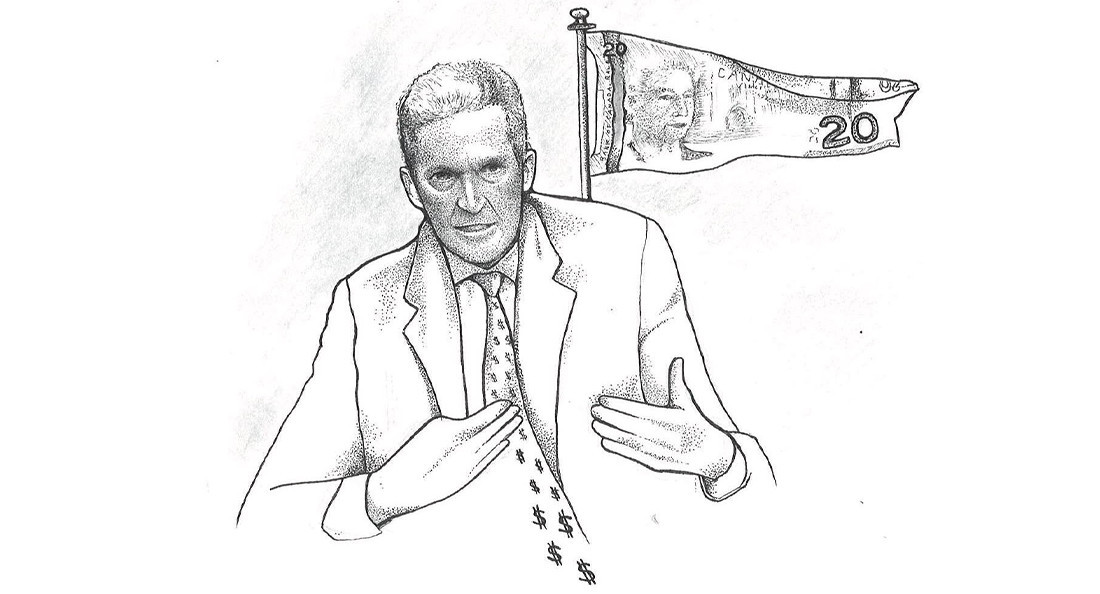Immigrants and reform
Foreigner Affairs
Throughout the COVID-19 pandemic, many public figures have reiterated the same platitudes about staying strong together, adjusting during difficult times and eventually returning to normal life.
This sort of moral pandering distracts from underlying issues. Many immigrant populations, for example, were already struggling to make ends meet before the pandemic, and added pressures of a stark economic downturn disproportionately affect them. Situations affecting people’s material situation can only be rectified through a material means that these platitudes cannot provide.
The Pallister government recently sent out a clear message: “our priorities are now dedicated to stewarding Manitobans to a safe recovery and economic restart.”
I am concerned with what this may entail. According to a recent study from Statistics Canada, visible minority groups are more likely to experience financial instability as a result of the pandemic than non-minorities.
The Pallister government’s comments could suggest that the economic security of people in unfortunate situations will be taken into consideration. However, if the actions of the federal government are any indication, this may be wishful thinking at best.
Prime Minister Justin Trudeau offered loans to companies with annual revenues of up to $300 million under the guise of fighting for middle-class jobs. His reasons for taking such loans are to help save the workers at said companies, yet the money could instead go toward more socialized programs, which would directly impact the same middle-class he intends to save.
Economic restart models are problematic for the same reason. Such programs promise economic prosperity for all, but to be put into action, they require massive amounts of trust in a private sector, which is generally known to keep its own institutions afloat, disguised in promises of a ‘trickle-down’ economy.
The idea of an economic rebuild takes a “means-to-an-end” approach that would hopefully result in solid performances in respect to Canada’s GDP and the Toronto Stock Exchange. But until that happens, Canadians need to brace for the impact that rebuilding the economy will have on the working class.
Many of these people are first- and second-generation Canadians. By allocating federal funds to a corporate upperclass, immigrant populations will be left ignored during an economic downturn.
In 2019, Manitoba accepted the highest annual number of immigrants in its history. A necessary question must be answered: what does an “economic restart” entail for those who have had barely enough time to establish roots in their respective communities, let alone have enough capital to weather a pandemic?
If governments focus primarily on the economy, there is no real assurance that first- and second-generation Manitobans will be able to survive a potentially volatile economic scenario unscathed.
Growing up in a working-class immigrant household myself, I understand the realities that people coming from different countries face. Opportunities were and are scarce, and the future of some of our nation’s labour rests in the hands of an immigrant working class.
In these uncertain times, there should be a much greater focus on providing a safety net to those more susceptible to economic volatility, ensuring the futures of everyone in this country are prioritized.
Vinay Sharma is a third-year philosophy student. His main interests are political philosophy and the philosophy of language.
Published in Volume 75, Number 08 of The Uniter (November 5, 2020)







